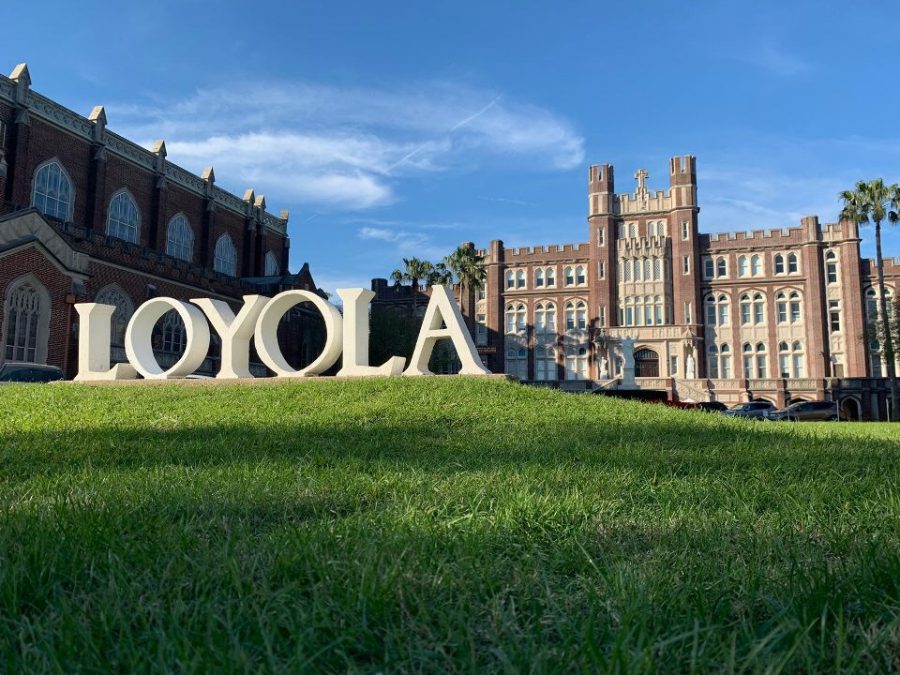Loyola’s Student Government Association and its advisers have revamped its allocations process this semester.
Logan McCabe, SGA treasurer, said SGA as a whole decided to create a new process because of the inefficiencies that McCabe and SGA president Khaled Badr found in the former allocations process.
McCabe and Badr took into account the former SGA allocations process and did research in order to understand where the process fell short of expectations and purpose.
Badr and McCabe also looked at other universities that are similar to Loyola in size and in available budget. Based on these findings, they adapted their former allocations methods to Loyola’s new allocations process, according to McCabe. The biggest concern for McCabe and Badr was that Loyola students were not being allocated enough money to be able to run “fruitful events,” McCabe said.
Though the allocations process is changing, the amount of money that will be allocated by the new process will not change.
“The same amount of money will be budgeted for allocations this semester as there was last semester,” McCabe said. As for changes to the responsibility of student organization leaders in the allocations process, a new step has been added to the process. After an organization has been allocated funds and has held an event, the organization must now submit a survey about the event in order to be able to apply for future allocations from SGA, according to McCabe’s PowerPoint.
The three major changes to the allocations process were demonstrated in a PowerPoint by McCabe at an SGA meeting on Wednesday, Jan. 16.
First, the allocations process is now continuous throughout the semester. Second, new allocations guidelines have been implemented to focus on providing students with opportunities to hold events, rather than focus on cuts, violations and individual expense restrictions. Third, new software will soon be purchased to handle the allocations process.
“We have tried to craft a new system that provides the Loyola student body with the most engaging and diverse event experience possible,” McCabe said. This new allocations process has been designed to be more efficient both for allocating funds through SGA and for hosting events on campus, according to McCabe.
Jonathan Cepelak can be reached at [email protected]






